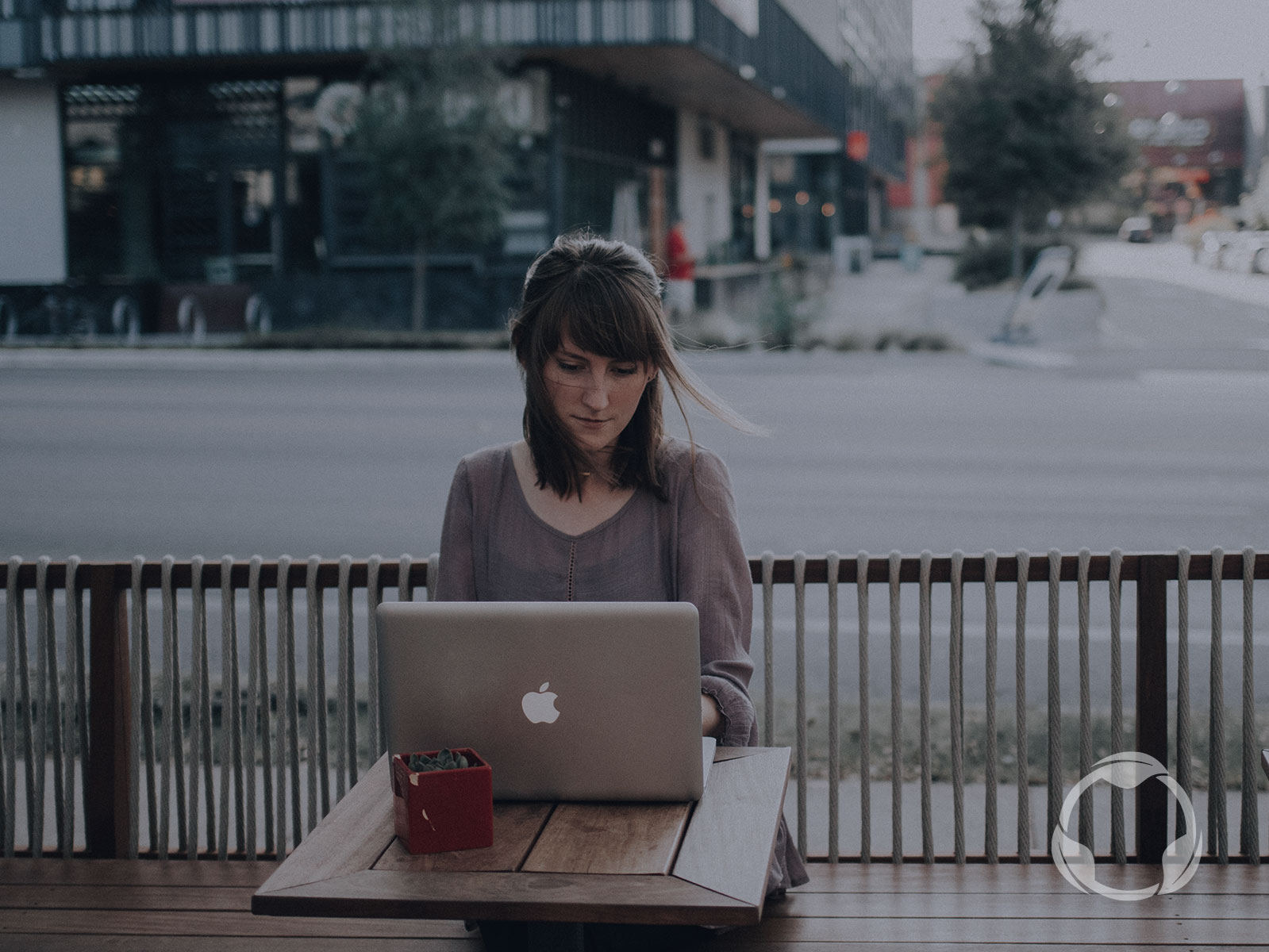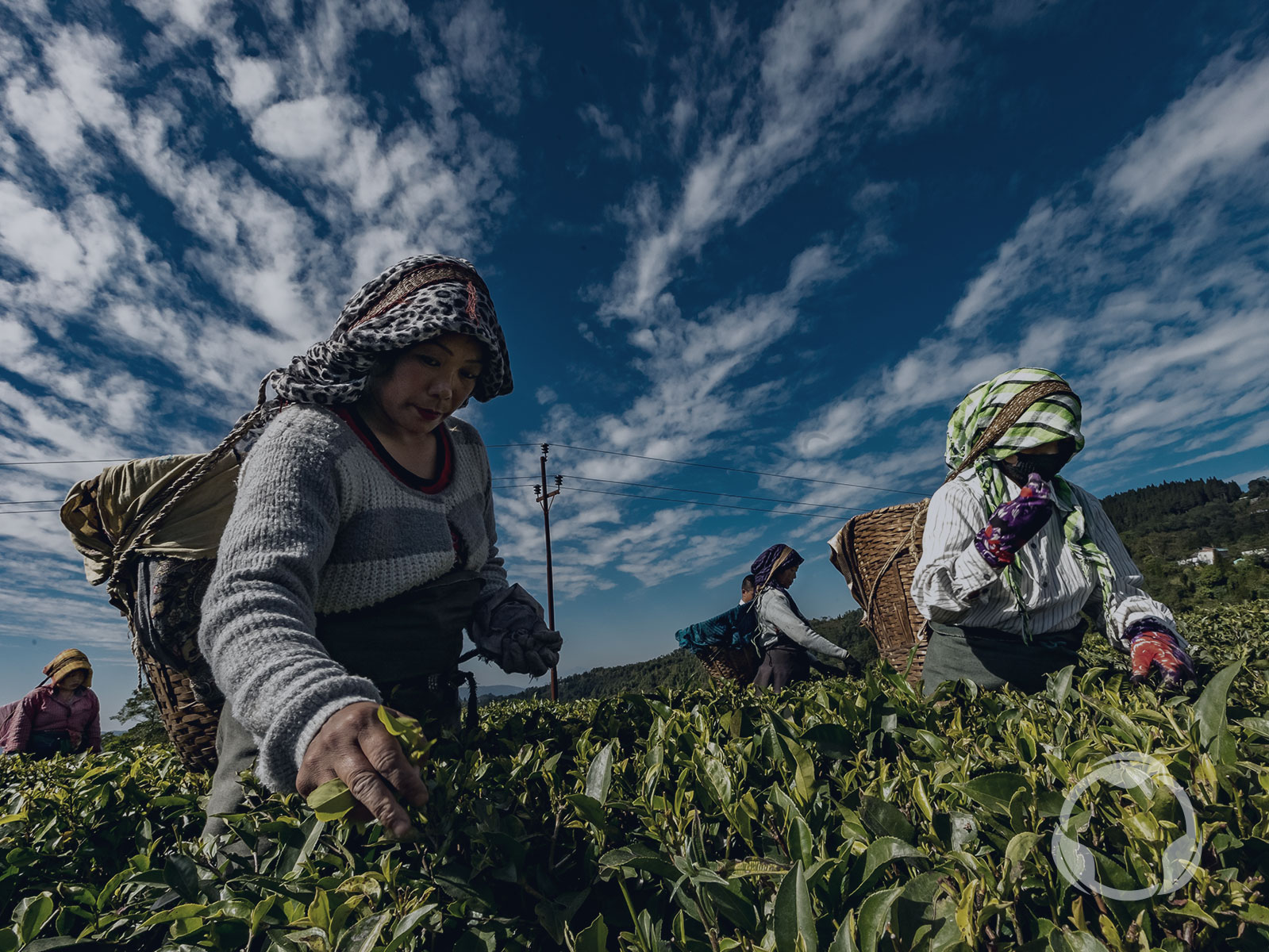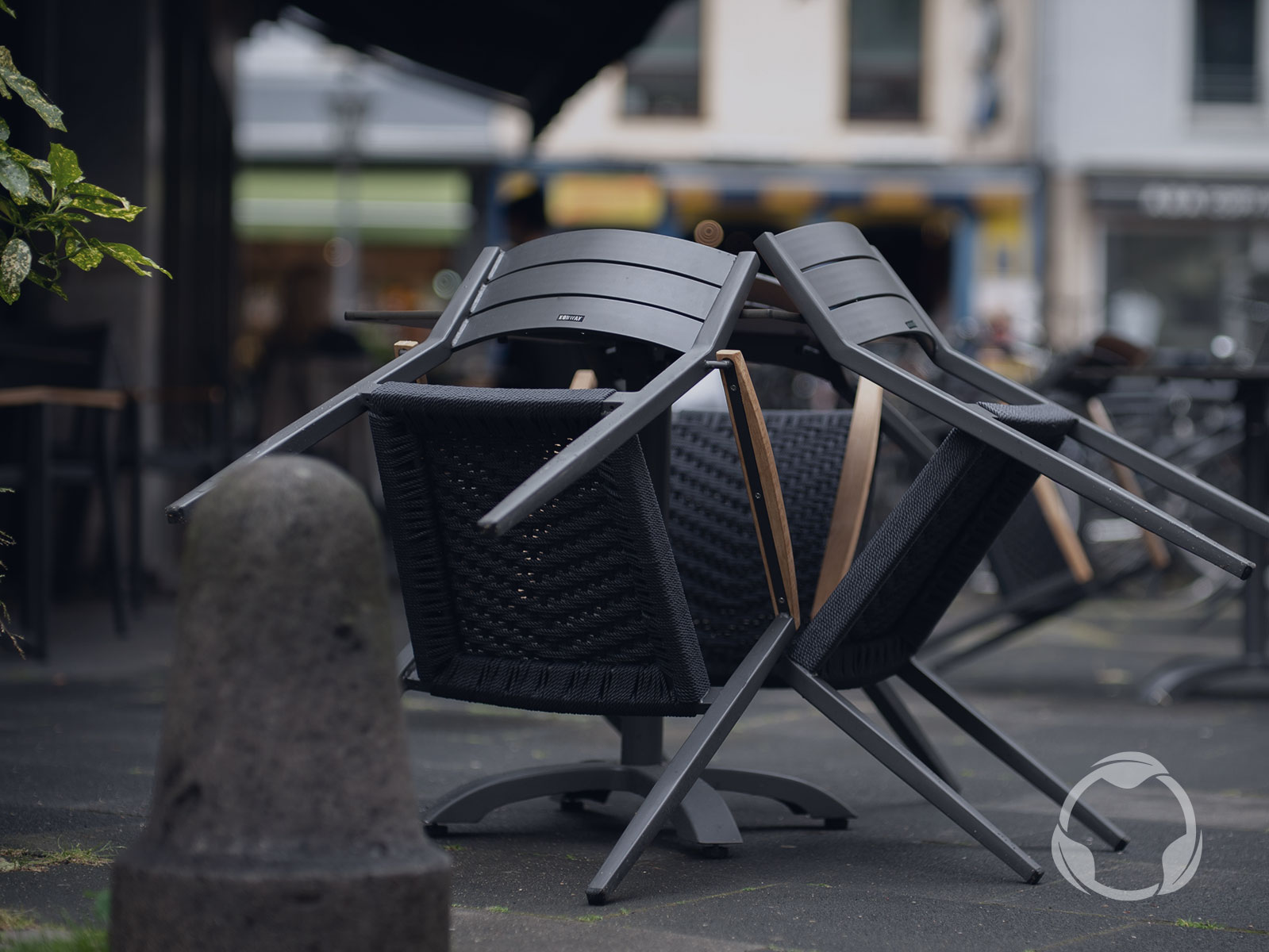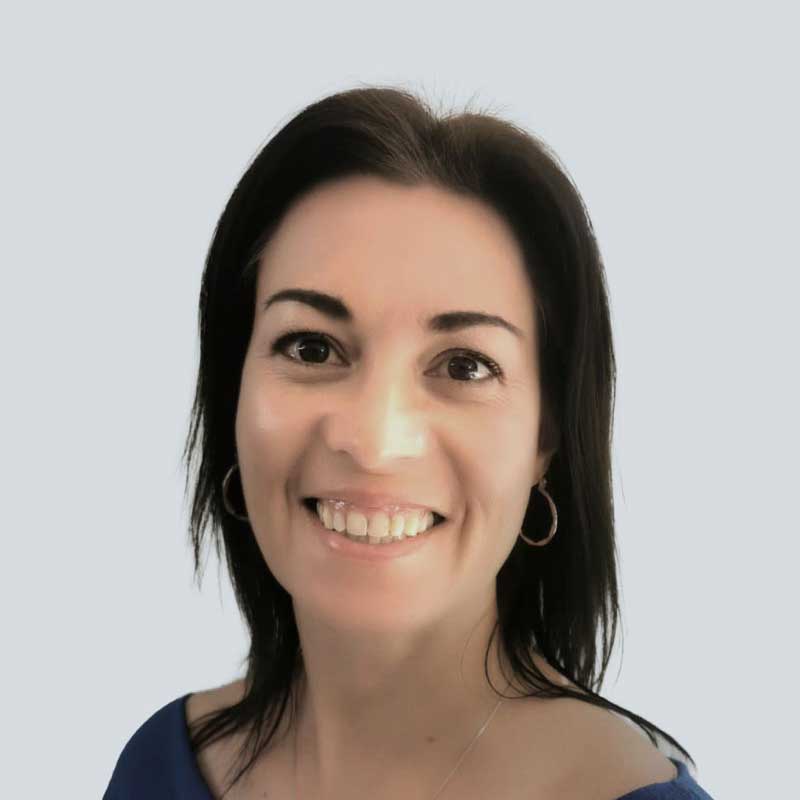
Remote First
Issue 2 - 10 June 2020
When we were setting up Origin in late 2018 and early 2019 (well before everyone became armchair epidemiologists or #lockdown was a thing), we wanted to employ the best people from the regions we operate in. Naturally, this led us to a distributed team structure. We actively supported and encouraged working from home. While we have a main office for specific roles, even these are proving to be more geographically flexible than we imagined.
To our business, the positives of a distributed team are many and include:
- Hiring people local to the regions where we invest. We don’t need them to move and incur these costs or disruptions.
- Lower cost mean we can pass these savings onto investors and give staff a larger incentive pool.
- A very important consequence of lower costs is that we don’t have to rush to reach scale, to cover costs. It gives us time to build carefully, thoughtfully and purposefully. We can choose where we deploy our capital in a considered manner.
- For a team that travels constantly, having systems and processes that do not rely on someone being physically present in an office were a key requirement. A distributed team forces clear thinking and robustness in these processes.
- One can choose from global talent, unrestrained by geography.
- Team members have far more freedom. We employ people we believe in and we believe they are mature enough to work efficiently and when needed. We don’t pay people to simply turn up, clock in and clock out.
There are, of course, downsides to this approach. Regular contact and camaraderie are an important aspect of a company’s culture and something we have to be mindful to help foster and nurture. It is important to me that Origin has a strong culture, but due to the dispersed nature of our workforce this is something we need to continually work at. We get some community through video calls, but this can’t replace face to face interaction. This is where our travels help. We travel a lot to asses deals and investments. There is something bonding about trying to order a meal in a language you don’t understand! Being on the road, sharing meals and experiences has made up for a lot of ‘watercooler talk’ of the traditional office. It’s something we foster and something that makes us a stronger team.
As I write this, much of the world is still locked down due COVID-19. It’s been a terribly sad, uncertain and disruptive time. Despite this uncertainty it’s incredible how many of my friends and contacts feel that working from home has actually improved their lives. It’s made them more efficient, more focused and allowed them more quality time with their families. There are no long commutes, no petty office politics and no wasted hours. Of course, these are the lucky ones who can afford a comfortable home to work from. They haven’t lost jobs and livelihoods and have not seen any meaningful negative impact as a result of the virus.
COVID-19 has reinforced and refocused our key aims. We want to serve our investors. We want to provide value-creating capital to businesses that need it and can afford it. We want to do good to the communities we operate in. As heavy travellers, COVID has slowed us down, but we believe it has stress-tested our aims and proved the robustness of our business model.
We look forward to the world opening up again and we look forward to travelling, but I’m sure I won’t be bringing our team back into a centralised office. We’ll continue to let people work from wherever they want





















